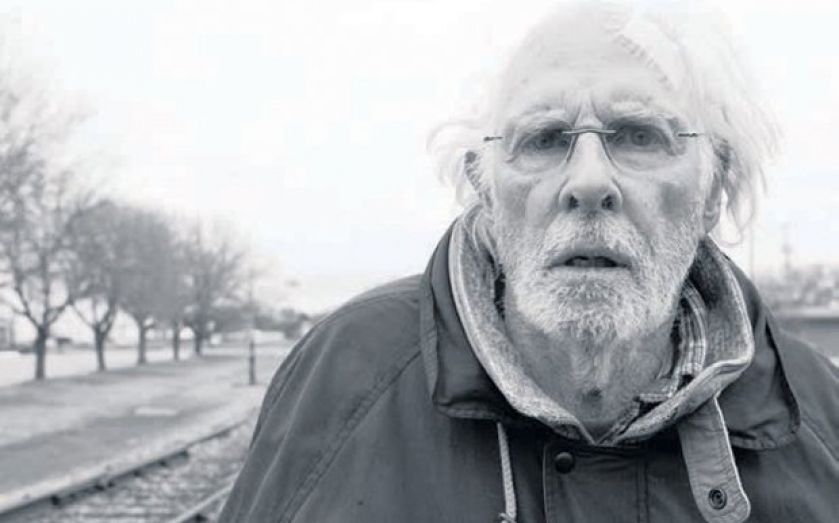A journey into the colourless void of Midwest America

FILM
NEBRASKA
Cert 15 | By Steve Dinneen
Three Stars
ALEXANDER Payne’s last three films – About Schmidt, Sideways and Descendants – have been bittersweet explorations of disappointment; a glimpse at the places we could all end up if life doesn’t go our way.
Nebraska, his latest Oscar-baiting, black and white opus continues the theme, but this time his characters’ lives are so sad, so unfulfilled, so downtrodden that redemption seems all but impossible; simply surviving is tough enough.
It opens with a lingering shot of an old man wandering down a motorway in a run-down Montana town. The man is Woody Grant (Bruce Dern), a dottled, curmudgeonly retiree determined to trek to Nebraska (two states away) to hand in a scam advert telling him he’s won $1m. His family intervenes but, after several escape attempts, his son David (the brilliant Will Forte, whose perpetually disappointed face is perfect for the role) decides to humour him and drive him there himself, hoping he might get to know a bit about his taciturn pop in the process.
What follows is an unmistakably Paynian road-trip across desolate, wistfully beautiful Midwest farming towns. An impromptu stop-off in one such town, to visit relatives, reveals a generation of bitter, unemployed men (in Payne’s world, they’re almost always men), ravaged by the economic crisis, or at least using it as an excuse for their shiftless existence. To these men, escape can only be brought about by some improbable, external event – and they lap it up when Woody announces himself as the lucky one among them.
The promise of money is used to examine the psyche of men who have lost hope, or who never had it. The result is a desperate, washed-out portrait of false bravado and petty greed, where life is just the accrual of tragedy.
Respite comes in the frequent moments of bitter humour – Payne is a master of the barbed put-down – usually delivered by a pitch-perfect June Squibb. But for vast swathes of the film these are lost amid a sea of pity as vast and bleak as the Nebraska landscape, with Payne’s insipid white and grey palate mirroring the colourless lives of his characters. You’re left with the feeling these people aren’t a product of what America has become, but how it’s always been.
The journey is beautiful, sometimes heart-rending, but it’s a long and rather doleful trip.